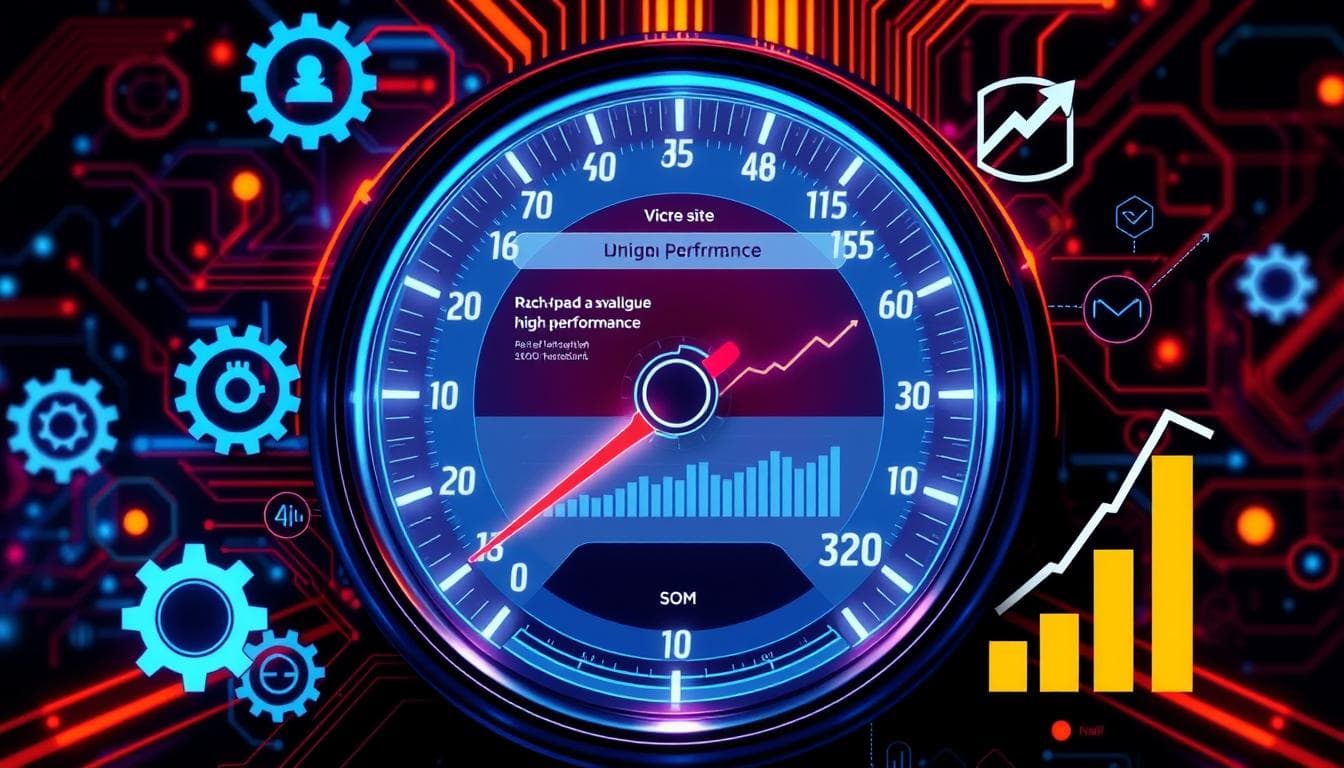Key Takeaways
- Understand the importance of website speed
- Learn key performance metrics
- Implement optimization techniques
- Monitor and maintain performance
- Improve user experience and SEO

Why Website Speed Matters
Website speed is crucial for several reasons:
- Better user experience
- Higher conversion rates
- Improved search engine rankings
- Lower bounce rates
- Increased mobile performance
Key Performance Metrics
Important metrics to monitor:
- First Contentful Paint (FCP)
- Largest Contentful Paint (LCP)
- Time to Interactive (TTI)
- Total Blocking Time (TBT)
- Cumulative Layout Shift (CLS)

Optimization Techniques
Essential optimization strategies:
- Image optimization
- Minification of code
- Browser caching
- Content Delivery Networks (CDN)
- Lazy loading
Image Optimization
Best practices for image optimization:
- Compress images without quality loss
- Choose the right format (WebP, JPEG, PNG)
- Implement responsive images
- Use image lazy loading

Code Optimization
Strategies for optimizing code:
- Minify CSS, JavaScript, and HTML
- Remove unused code
- Optimize critical rendering path
- Reduce server response time
Mobile Optimization
Mobile-specific optimization tips:
- Responsive design implementation
- Mobile-first approach
- AMP implementation
- Touch optimization
Monitoring and Maintenance
Tools and practices for ongoing optimization:
- Regular performance audits
- Use of monitoring tools
- Performance budgets
- Continuous optimization
Frequently Asked Questions
What is a good website loading speed?
Ideally, your website should load within 2-3 seconds. Google recommends keeping the LCP under 2.5 seconds for optimal user experience.
How does website speed affect SEO?
Website speed is a ranking factor for both desktop and mobile searches. Faster websites tend to rank better and provide better user experience metrics.
What tools can I use to measure website speed?
Popular tools include Google PageSpeed Insights, GTmetrix, WebPageTest, and Chrome DevTools Performance panel.
How often should I check my website's speed?
Conduct monthly performance audits and after any major website updates or changes to ensure optimal performance.




